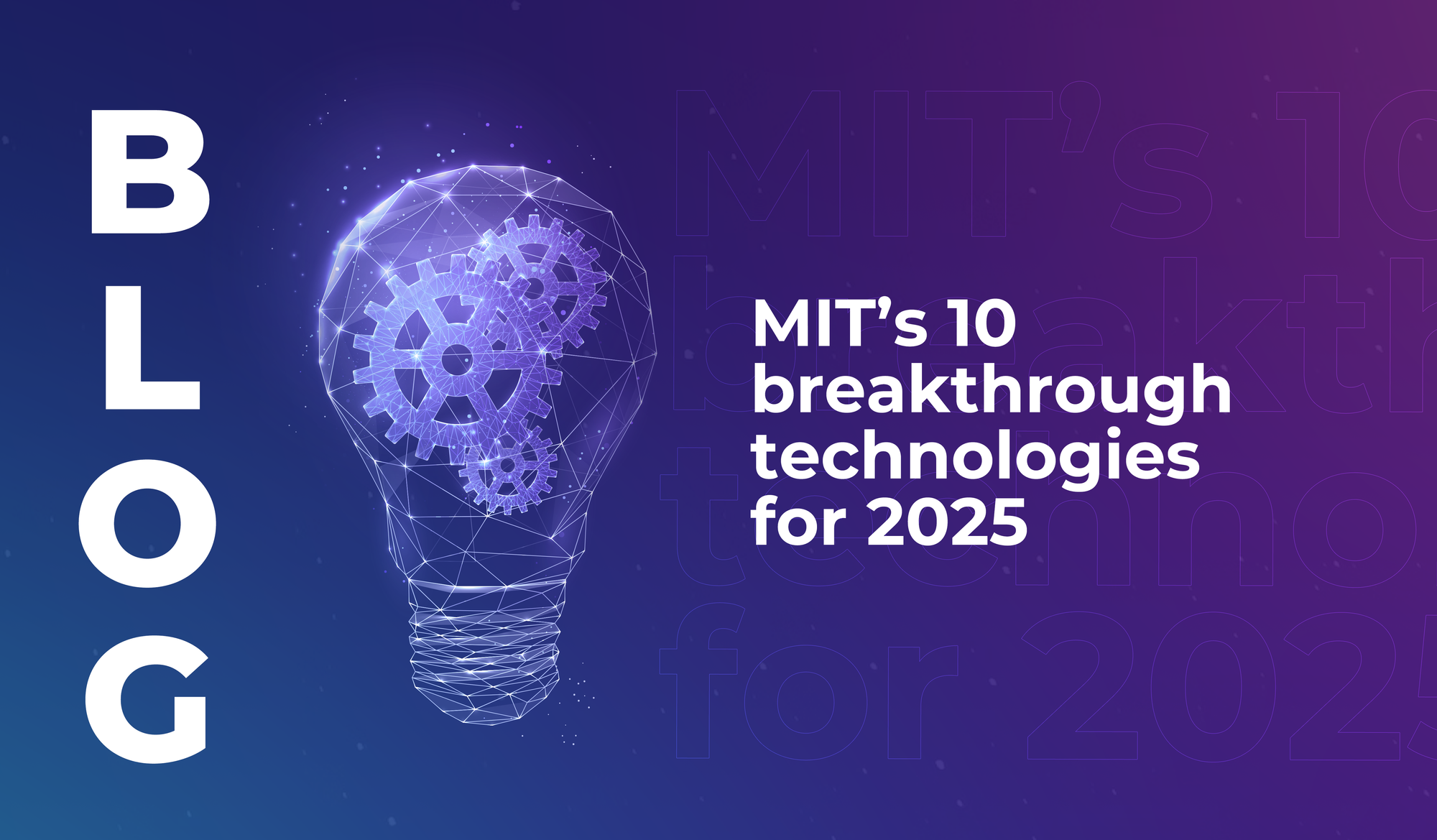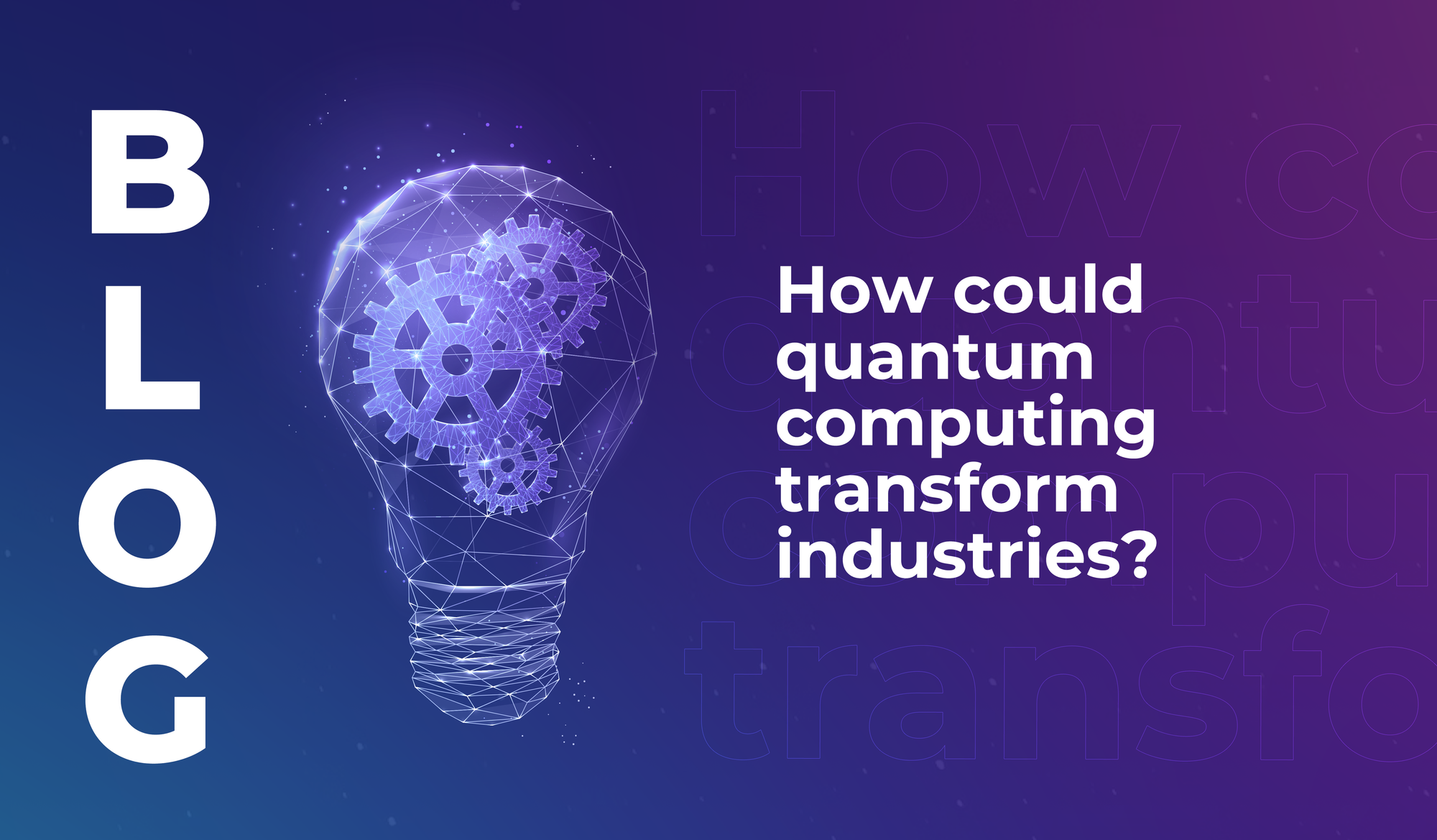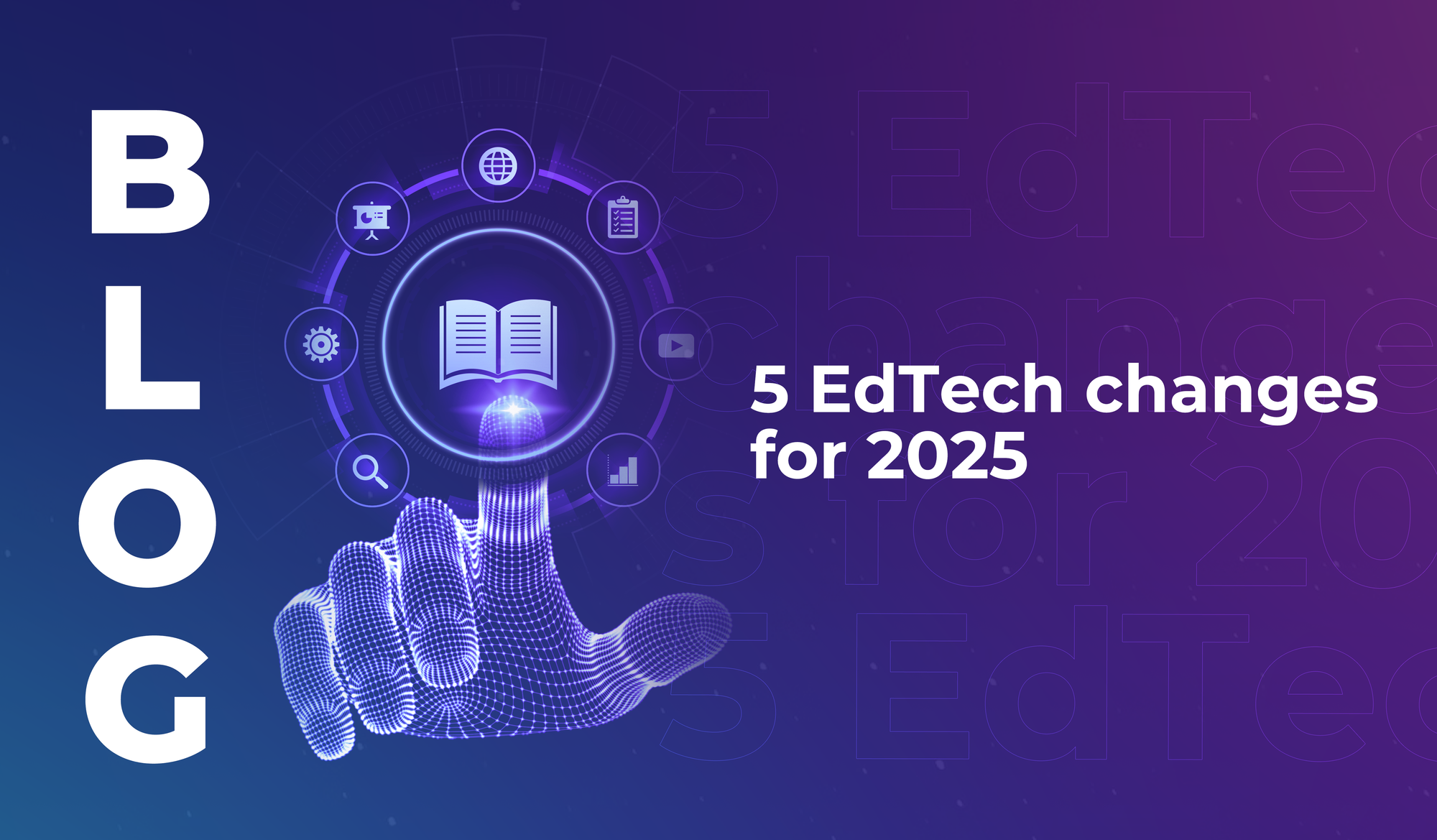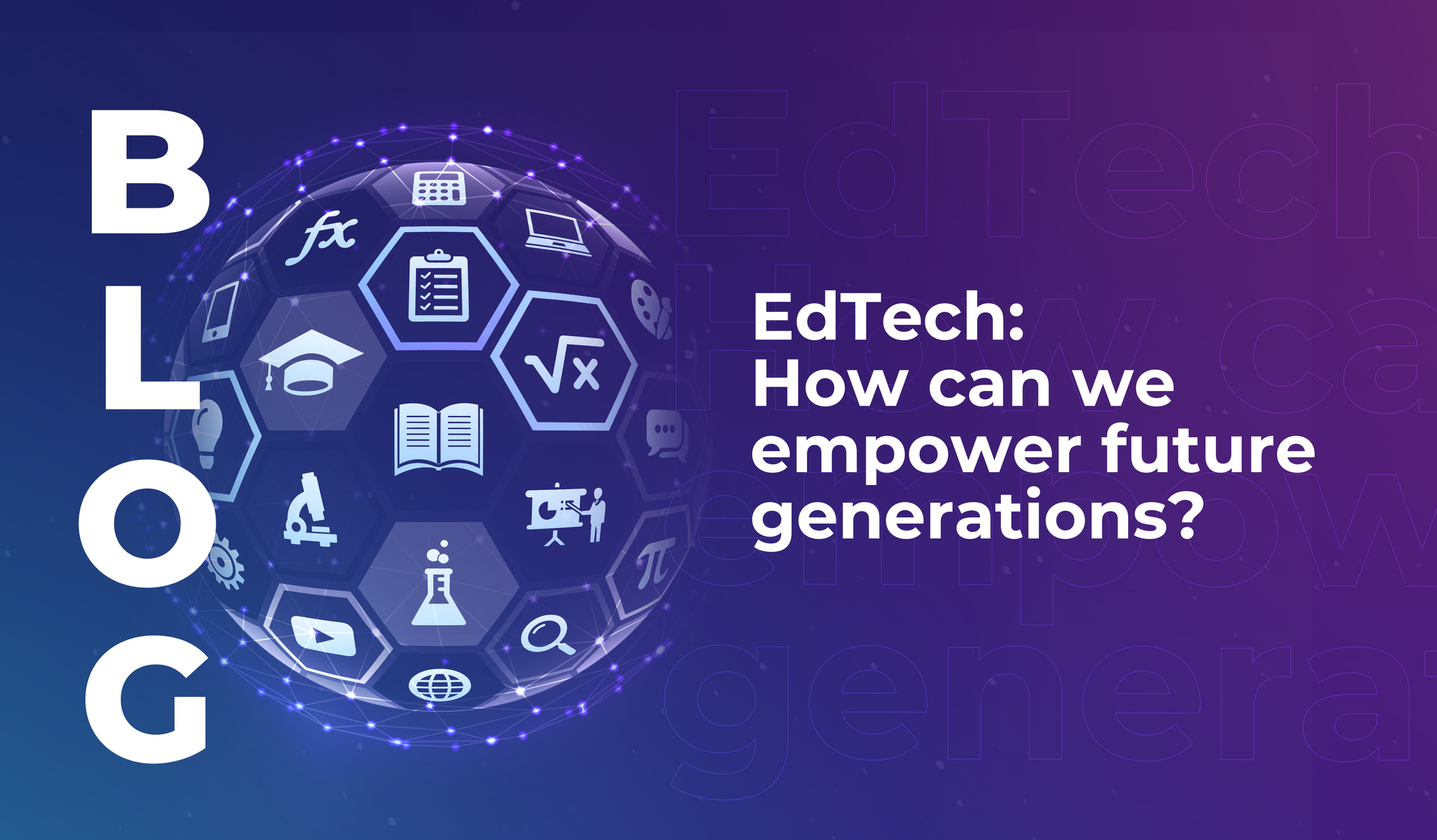
MIT’s 10 breakthrough technologies for 2025
Discover the ten technologies that MIT researchers predict will have a major impact on our world for decades to come.


After 17 years in development, Microsoft recently unveiled its new chip which, it says, could expedite the development and scalability of quantum computing. Powered by the world’s first topoconductor, the chip has the potential to enable quantum systems on small, reliable hardware.
As we move closer to viable quantum systems, experts across industries are asking what quantum computing could do for them. So we’re looking at three industries that could be transformed by quantum computing.
Quantum computers could analyse datasets with immense volumes – and detect even the slightest anomalies in patterns within that data. This means that for the finance industry, quantum computing power could transform the way professionals approach risk profiling and fraud detection.
For traders, quantum computing algorithms could help organisations optimise trading decisions with real-time market data analytics; using hyper-detailed data insights to identify trends and drive profitability.
Researchers at McKinsey estimate that in finance, quantum computing could create USD $622 billion in value by the time fault-tolerant quantum computers become available.
From a security perspective, quantum computing is considered a real challenge for the finance sector right now, as institutions race to implement quantum-secure cryptography before threat actors start to leverage quantum decryption techniques. But quantum cryptography also has the potential to offer unbreakable security for financial transactions and communications – which could significantly improve consumer safety and trust.
Imagine: rapid drug development and targeted, personalised treatments. Accelerated assessment of complex patient imaging data to detect and diagnose health conditions quickly, and with attention to very fine details – things that might be missed by the human eye. Almost instantaneous analysis of a patients’ complete medical history, lifestyle, and genetic data – enabling healthcare providers to determine how likely that patient is to develop certain conditions.
With quantum computing power, all of this (and more) is possible. Clinical trials could be much shorter and safer, and precision medicine could become far more accessible; with, for example, faster genome sequencing and analysis and the improved ability to identify targeted therapies that match genetic profiles.
As quantum tech continues to develop, it holds the potential for major advancements in research, diagnosis, treatment, and patient care across the healthcare sector.
Quantum computing could play a key role in helping us move towards renewable energies – including solar, wind, and geothermal power. By simulating energy generation and distribution systems and highlighting areas for improvements and efficiency optimisation, quantum tech could allow us to make power grids as efficient as possible.
Beyond grid management, quantum simulations could also accelerate the development of new, advanced materials and clean energy tech. For example, it could enhance the production of batteries, solar cells, and green hydrogen; improve carbon capture technologies; develop cleaner fuels and better energy storage solutions; and optimise the performance of existing technologies, such as solar cells, to make renewable energy more efficient and economical.
Quantum technology is still very much in development – and each step forward brings new challenges. Collaboration between industry leaders and tech developers is absolutely necessary to make sure that quantum use cases are relevant and valuable, and to guide quantum tech development towards a positive impact on the world.
We can’t wait to explore the latest in quantum developments at LEAP 2026. Register now to immerse yourself in the beating heart of tech.

Discover the ten technologies that MIT researchers predict will have a major impact on our world for decades to come.

Discover the developments you’ll see across the EdTech sector this year, with a focus on personalised learning, adaptive teaching, and the integration of new innovations into existing educational models.

Aman Merchant (Serial Entrepreneur; Chief Provocateur at Radicle; General Partner at ReimaginED Collective) is a futurist at heart, with three decades of experience across education, social impact, and innovation. An expert in the art of collaboration, he’s a leader in global education transformation. As Founder of the ReimaginED Collective,

Discover the ten technologies that MIT researchers predict will have a major impact on our world for decades to come.

Discover the developments you’ll see across the EdTech sector this year, with a focus on personalised learning, adaptive teaching, and the integration of new innovations into existing educational models.

Aman Merchant (Serial Entrepreneur; Chief Provocateur at Radicle; General Partner at ReimaginED Collective) is a futurist at heart, with three decades of experience across education, social impact, and innovation. An expert in the art of collaboration, he’s a leader in global education transformation. As Founder of the ReimaginED Collective,